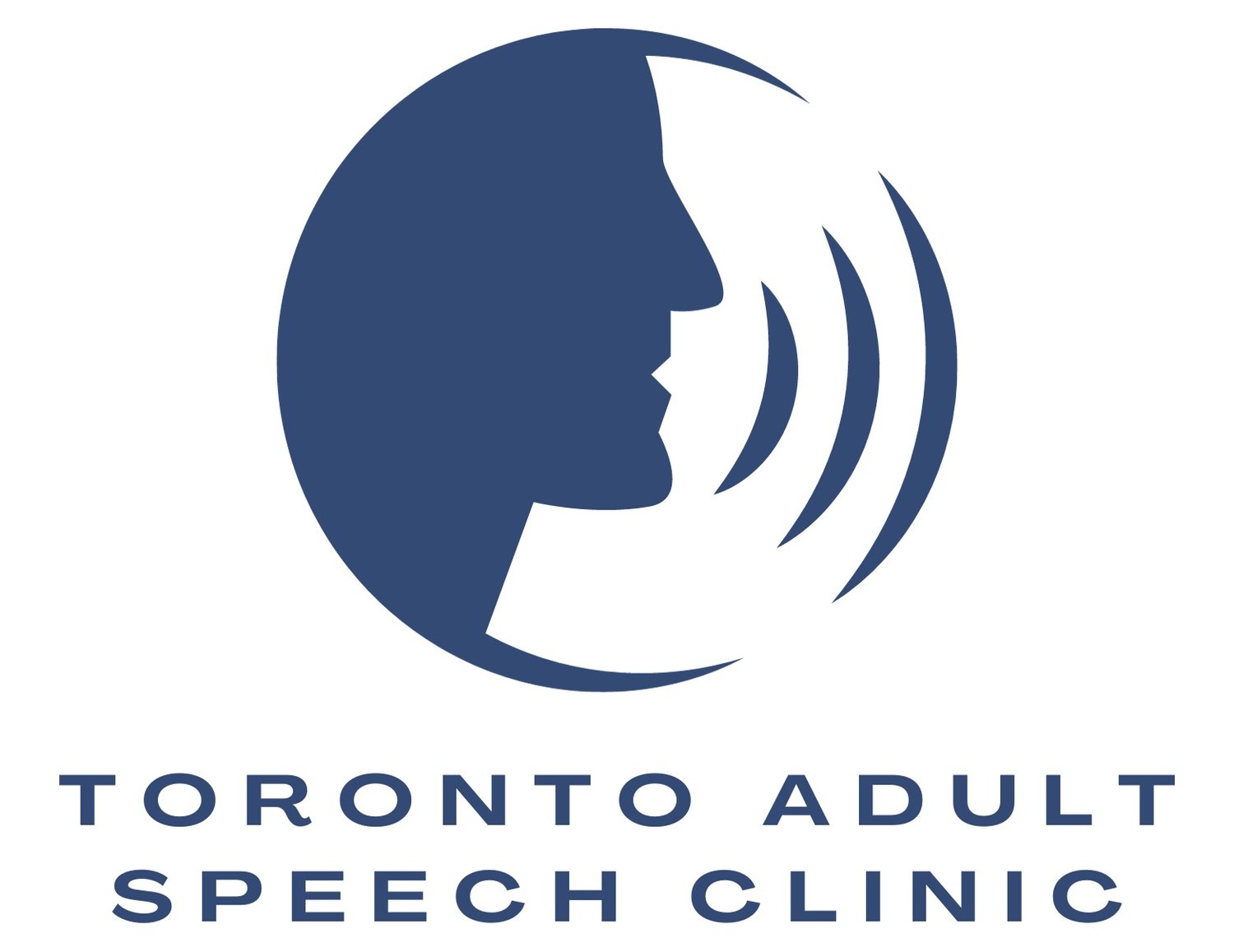Toronto Adult Speech Clinic: The Blog
This collection of articles is a place for us to discuss some of our perspectives on topics and services within the field of speech-language pathology. We share current best practices within our field, the current research, communication and voice tips, as well as insight into some of our unique approaches to working with our adult clients. Thank you for reading.
“Let’s Talk” is Easier Said Than Done
#LetsTalk As a speech-language pathologist who works with adults to develop their communication, I often encounter adults who are suffering in silence with their mental health concerns. Our ability to communicate effectively can have significant impacts on our mental health. In addition, the words we use and how we treat those with mental health concerns or communication difficulties can have a significant impact on a person's mental health.
A Speech Therapist's Musings on Mumbling
In the latest blog post from our speech therapist, Jordan Scholl, he discusses one of the most common concerns addressed at TASC- Mumbling- and how using a holistic understanding of how we produce speech can inform an adult approach to reducing mumbling, improving enunciation, and increasing the impact of speech.
Coughing and Sneezing and Aches, Oh My!
At TASC, we are passionate about your vocal health. Protect your voice from the unpredictable weather this winter, and the bacteria and viruses that thrive in it. Learn about ways you can keep your voice healthy before, during, and after an infection to ensure your voice survives the winter.
Voice Therapy or Voice Lessons?
Are you a singer who is wondering whether you need voice therapy or voice lessons? Our registered speech-language pathologist is also an experienced voice teacher with over 10 years of experience teaching healthy vocal technique for a variety of styles. Read more about singing voice lessons at TASC and how we differentiate voice lessons from our voice therapy programs.
Why Adult Speech Therapy?
With an adult approach to speech therapy, adults are able to make changes to their communication. Whether you have a disorder or want to work on communication skills for your own professional or personal development- our registered speech-language pathologist will collaborate with you to develop a program that fits your unique and individual needs.
Communicate with Pride
Communication is the way that we share our identity with others. When our communication does not reflect who we know ourselves to be, speech therapy, voice therapy, or communication training can help. "My goal as a speech-language pathologist is to help more people become proud communicators who feel they can communicate their true Self every day!"- Jordan Scholl, SLP
This, Dat, and Ze Over Fing- Exploring the English /th/ sound
One of the most common sounds trained in articulation therapy or accent modification therapy at TASC, is the "th" sound (as in "this" or "thin). In this post, we discuss why differences exist between certain sounds across different languages, and how these differences impact a listener's overall ability to understand a speaker who did not learn English as a first language.
May is Speech and Hearing Month
May is the month of the year where we promote every person's right to communicate, and educate people on the role of a speech-language pathologist in facilitating this right. Throughout the month of May, we will be discussing the various roles of a speech-language pathologist and answering some of the most common questions we get about the services we provide for adults here at Toronto Adult Speech Clinic.
Singing and the Speaking Voice
There are many myths about the effects of the speaking voice on the singing voice. Here is some of the most important information every singer should know, and how to spot the changes that might indicate the speaking voice is not functioning efficiently enough to support the singing voice.
Did I Stutter or Did I Stammer?
Many people, including speech therapists, favour the use of the term stuttering over the term stammering, and vice versa. I go into some detail about my own experiences with these two words and their unique origins. Ultimately in search of the answer to this question: should their differences inform treatment for people who stutter and people who stammer.










